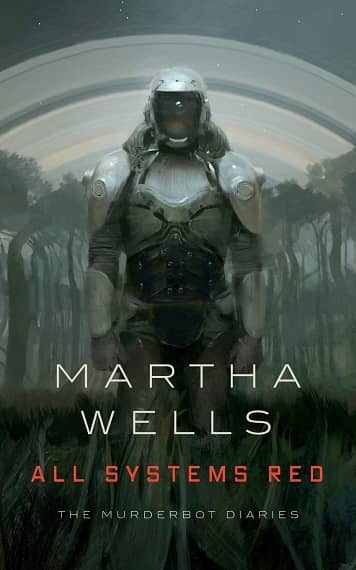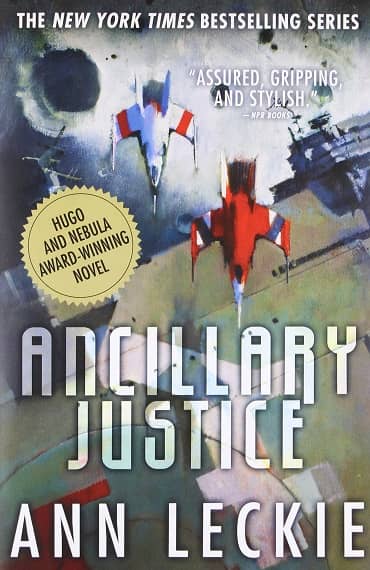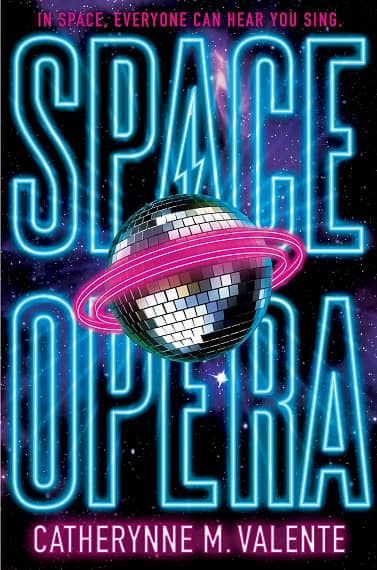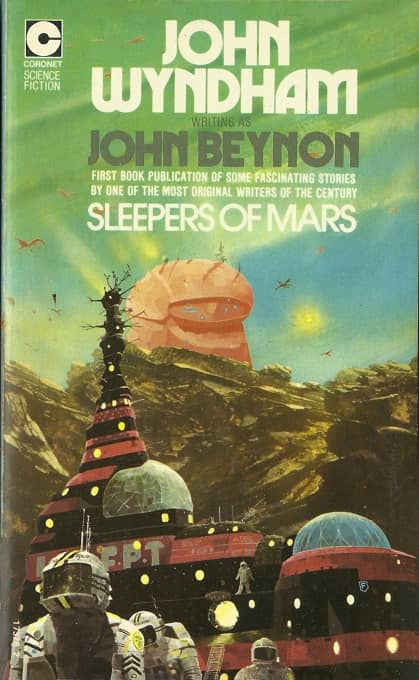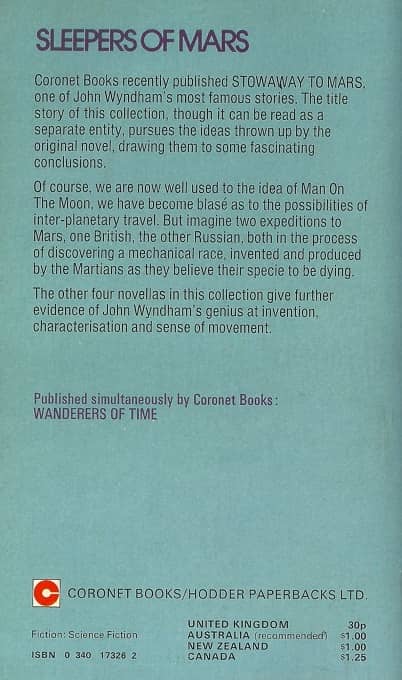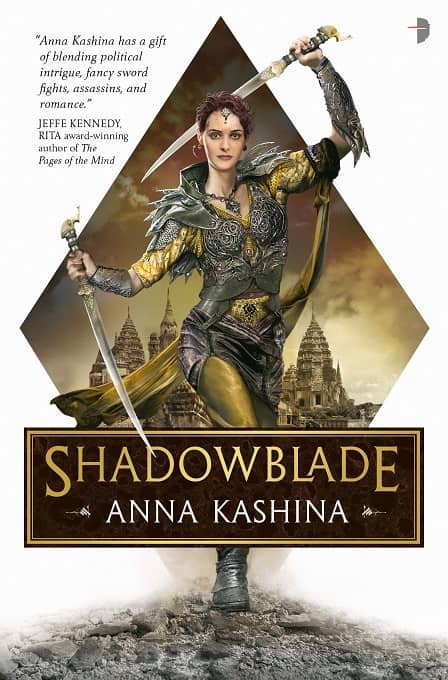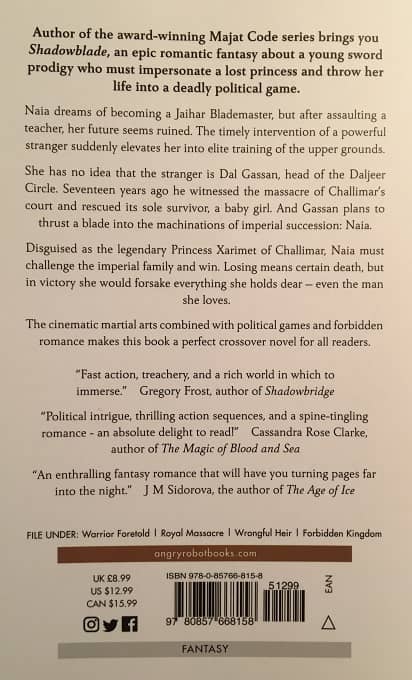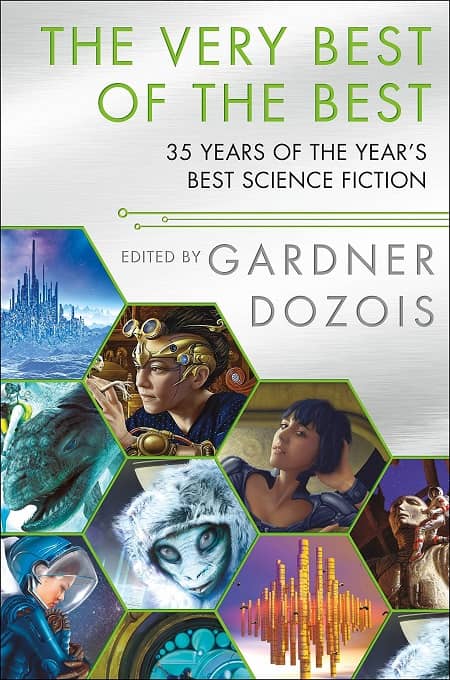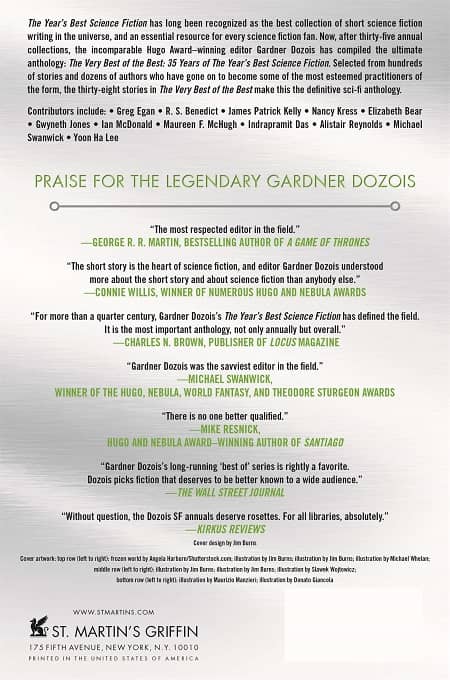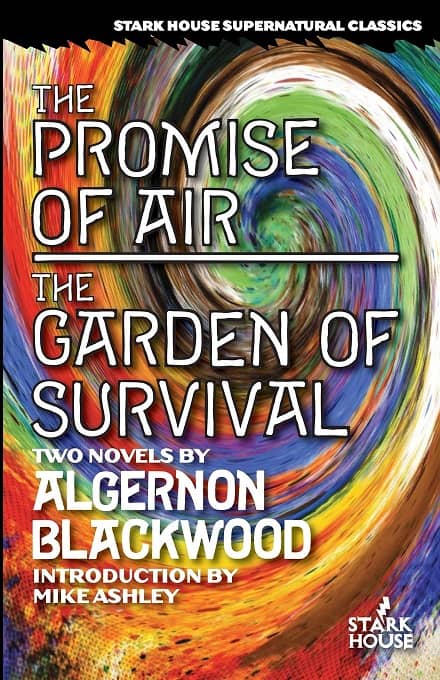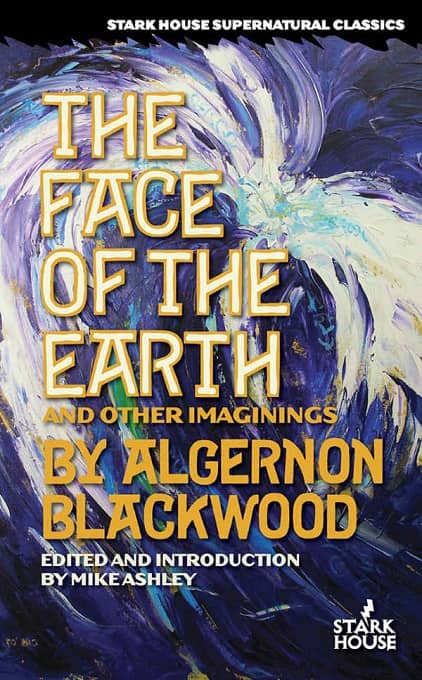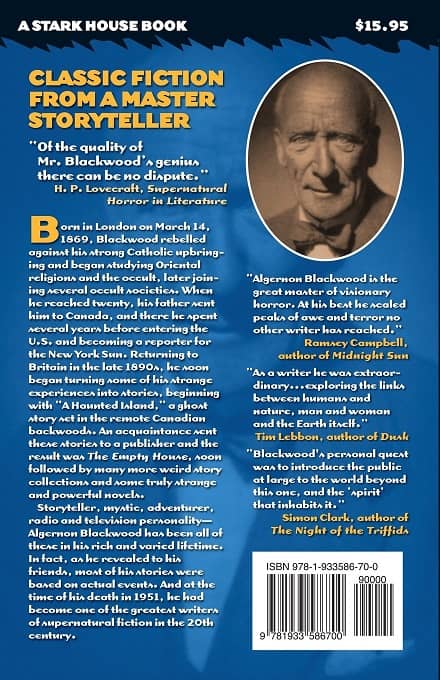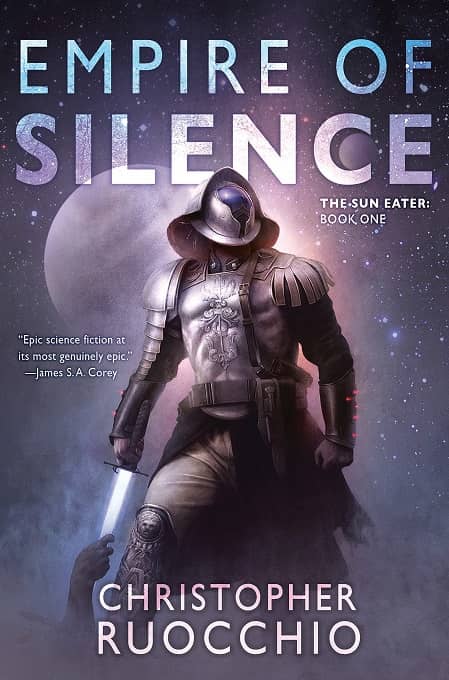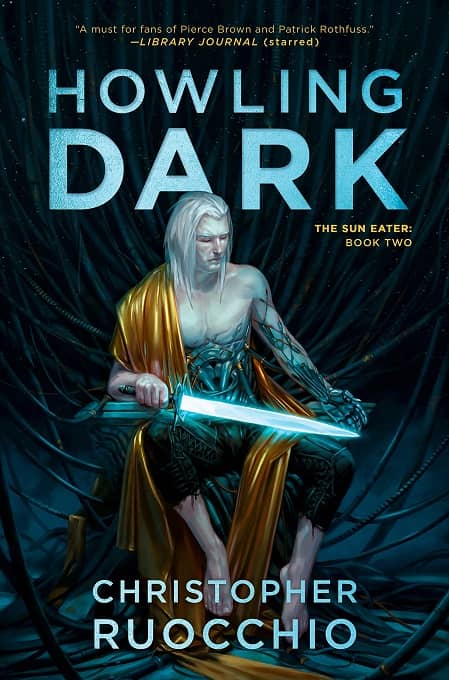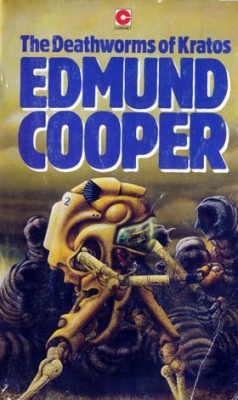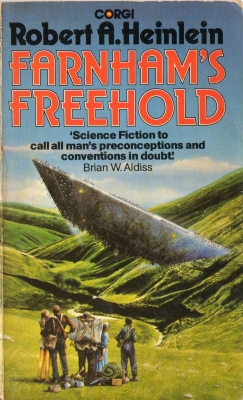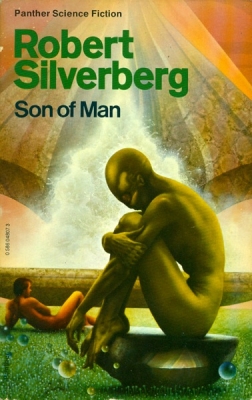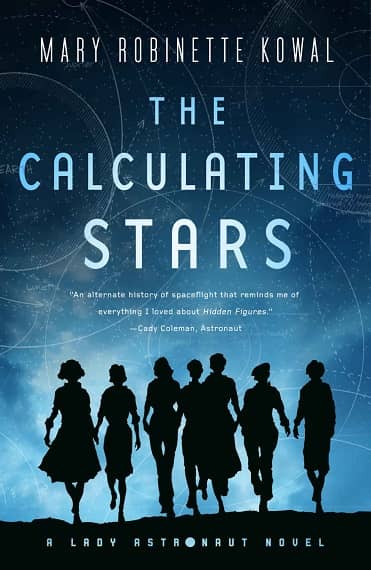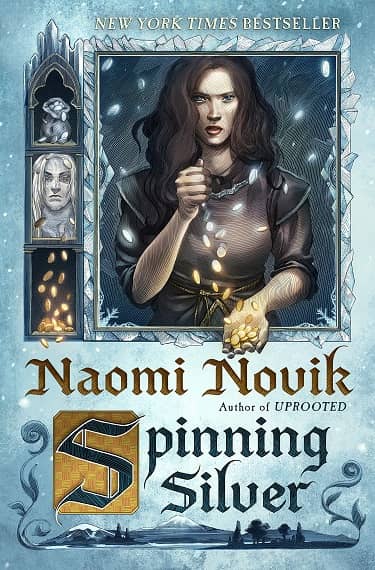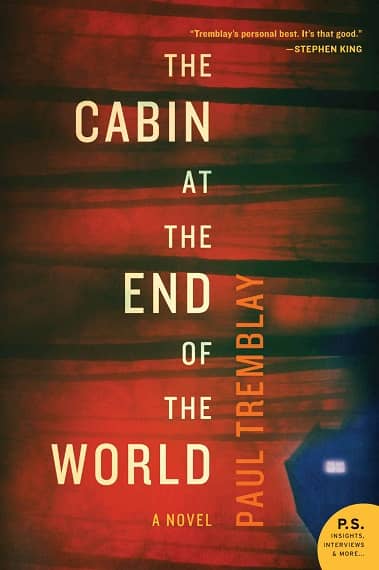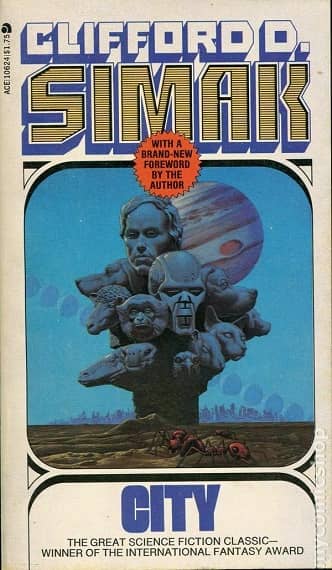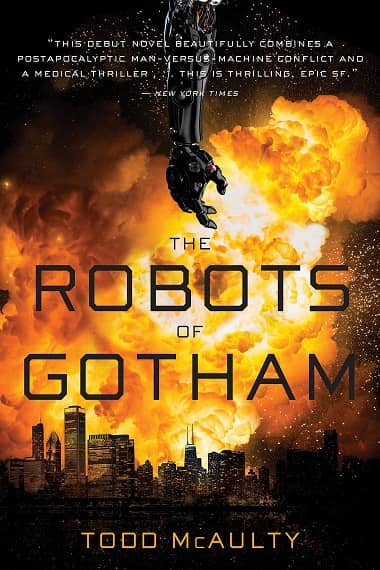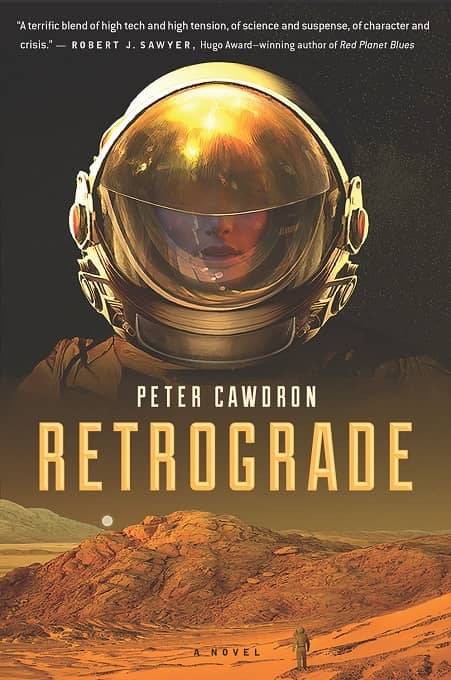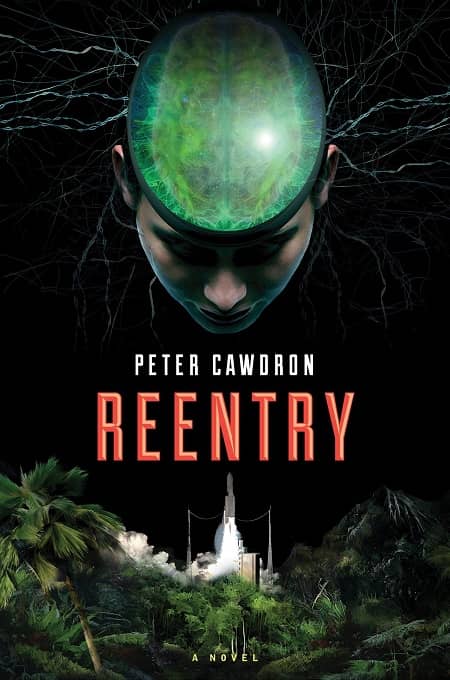We lost Gardner Dozois, one of the greatest editors the SF field has ever seen, in May of last year. As devastating as that was, many of us took some solace in the fact that he had a handful of very exciting books still in the pipeline, and we’d have the opportunity to celebrate and remember him a few times yet.
The first of those, the 35th and final volume in his legendary Year’s Best anthology series, was published last July, and the monumental The Book of Magic (companion to The Book of Swords) arrived in October. The third and final book from Gardner, The Very Best of the Best, was published by St. Martins’ in February. It’s a massive tome, with a Hwarhath novella by Eleanor Arnason, an India 2047 novella by Ian McDonald, a Mars novella from Kage Baker, a novella by Robert Reed, a Quiet War novelette by Paul J. McAuley, and stories by Yoon Ha Lee, Peter Watts, Nancy Kress, Rich Larson, Maureen F. McHugh, Charles Stross, Eleanor Arnason, Michael Swanwick, Carrie Vaughn, Lavie Tidhar, James S. A. Corey, Stephen Baxter, Alastair Reynolds, Greg Egan, and many others.
While the subtitle is 35 Years of The Year’s Best Science Fiction, implying that the stories are selected from all 35 years of Gardner’s Year’s Best, that’s not true. The earliest tale is from 2002, and the most recent from 2017, meaning it’s really a retrospective looking back at the fifteen years between 2002-2017. It’s a rather idiosyncratic book, neglecting many of the most acclaimed stories from those years in favor of the authors and tales that Gardner loved best. Nonetheless, it is one final gift from Gardner, and if this truly is his final book, it’s a magnificent capstone to his career.
I owe a pretty big debt to Gardner — and not just because (for reasons unknown to me) he included me in the acknowledgments of his Year’s Best anthologies for over a decade. He edited some of the best science fiction I’ve ever read, and discovered, promoted and championed many of my favorite writers — and helped me discover many, many more.
Here’s the complete Table of Contents for The Very Best of the Best.
…
Read More Read More
